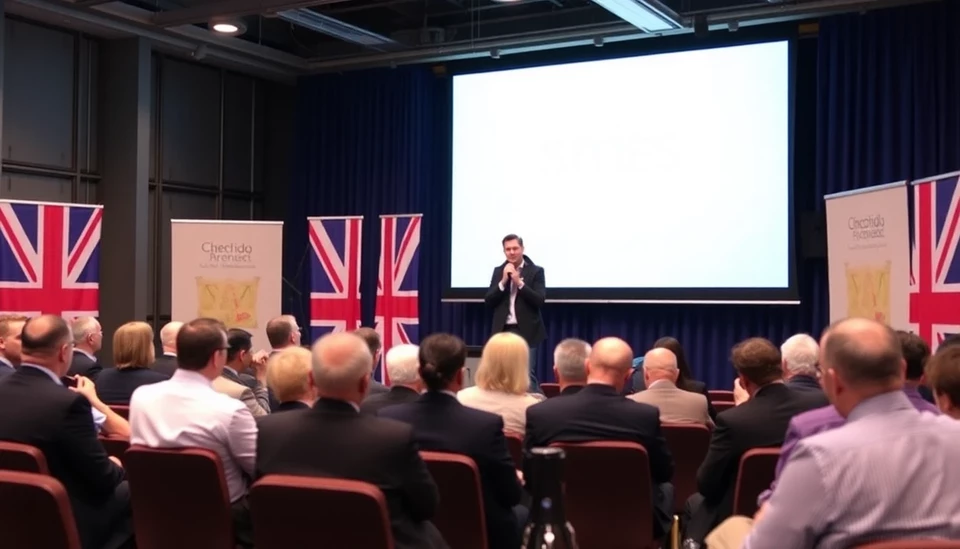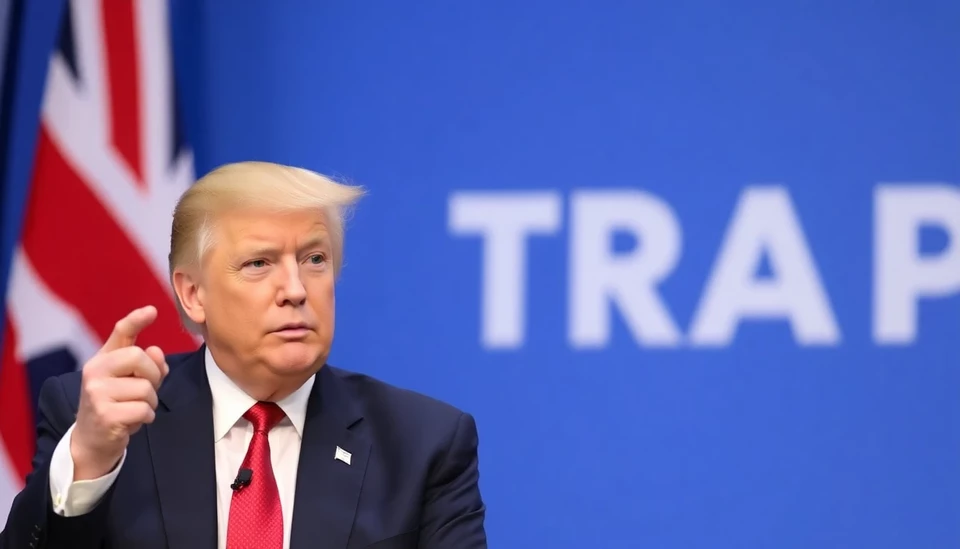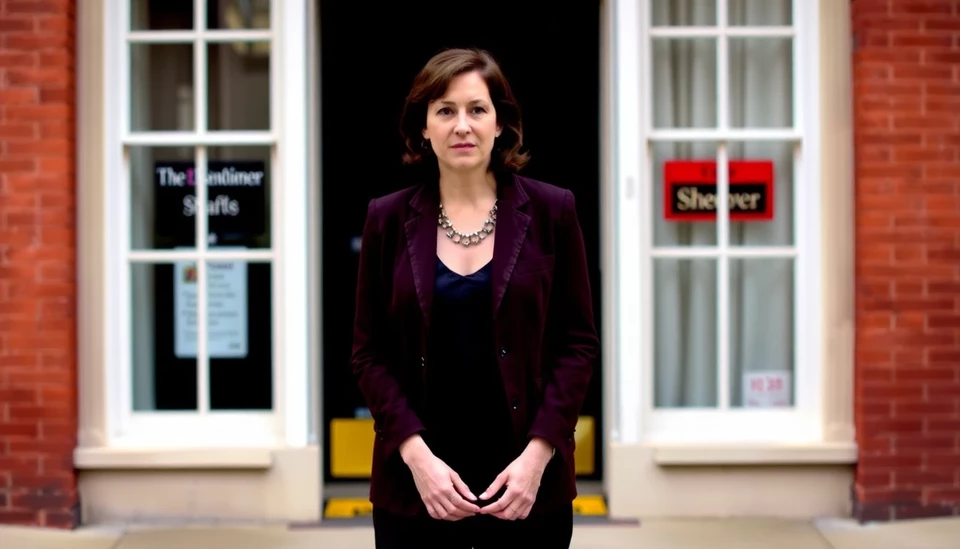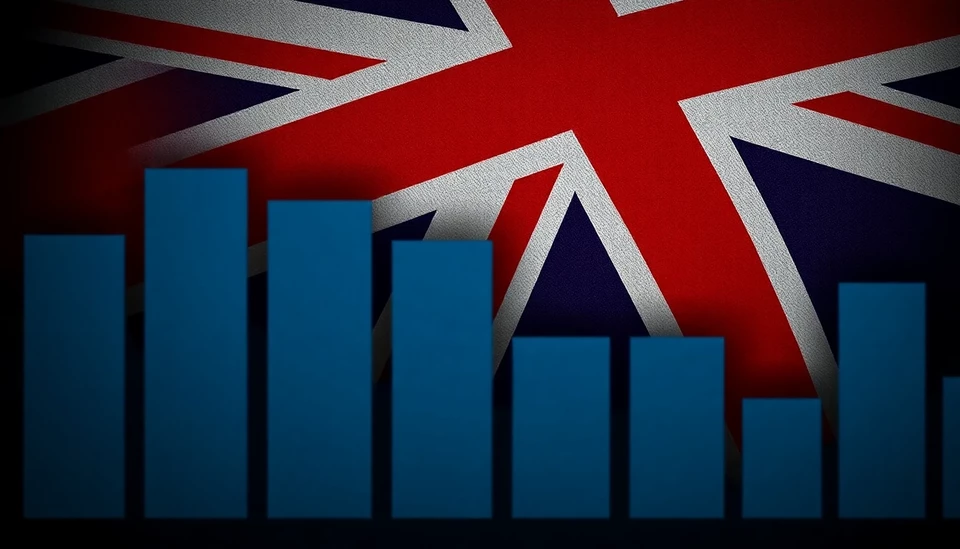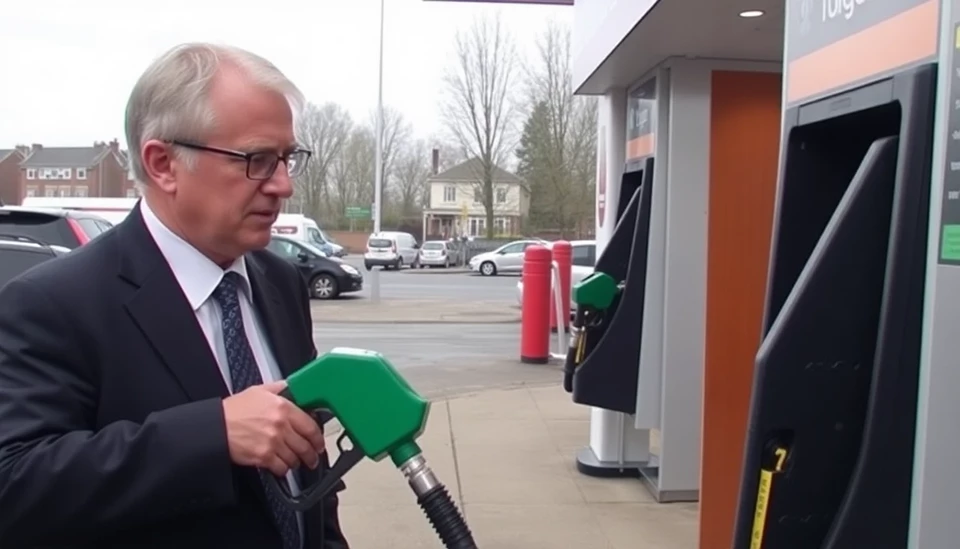
In a surprising move, the Labour Party, under the leadership of Rachel Reeves, has announced a freeze on fuel duty as part of its budget plan. This decision has ignited debates among economists and the public, raising questions about its implications for the environment and the economy. The freeze allows motorists to fill up their tanks without facing additional financial burdens, a tactic that may be aimed at securing voter support ahead of the upcoming elections.
Critics argue that this policy could undermine the progress made in reducing carbon emissions. By opting for a fuel duty freeze, Labour may appear to prioritize short-term political gains over long-term sustainability. In an era where climate change impacts are increasingly dire, such a stance seems at odds with the pressing need for responsible environmental policies. Experts have voiced concerns that maintaining low fuel costs discourages a necessary transition to greener alternatives, which are crucial in combating climate change.
The decision has, however, found favor with various segments of the electorate, particularly those who rely heavily on transportation for their daily lives. In regions where public transport is less developed, the freeze provides immediate relief to families and individuals who are already facing rising costs of living. This support could be pivotal for Labour as they aim to broaden their appeal to voters whose livelihoods may be threatened by high fuel costs.
In response to the outcry, Rachel Reeves defended the freeze, stating that her intentions are to provide relief during these challenging economic times. The Labour leader emphasized that government intervention is needed to support hard-hit citizens, as global fuel prices remain volatile. By temporarily suspending fuel duty increases, Reeves aims to cushion households from the load of inflation and ever-increasing energy costs.
Moreover, the budget proposal Iincludes other measures that seek to boost the economy, showing a balance between immediate needs and long-term strategies. The challenge lies in convincing both the public and stakeholders that this approach will lead to sustainable growth without compromising environmental commitments. Labour must navigate the fine line between appeasing constituents and maintaining a commitment to ecological responsibility.
As the government gears up for future discussions, it is essential that the party carefully considers how this freeze aligns with their broader vision for the country’s climate action. While the intention may be to galvanize support ahead of elections, the long-term consequences of maintaining low fuel prices could have significant implications for Labour's credibility as a party that champions climate action.
With pressure mounting from environmental groups and economists alike, the repercussions of this decision will unfold in the months leading up to the elections. Voters will closely scrutinize how the party reconciles immediate financial relief with the pressing need for sustainable development. The obligation to safeguard the environment is more critical than ever, and Labour's response to this challenge could define its legacy.
As the situation develops, it will be essential for Labour to articulate how it plans to balance these conflicting demands while remaining credible in the eyes of both the public and environmental advocates.
In summary, while the fuel duty freeze serves as a strategic move to resonate with current economic hardships, it poses a significant risk to Labour's narrative and commitment to tackling climate change. How successfully the party navigates this intricate political landscape could be pivotal in shaping both their electoral outcomes and the future of their climate policies.
#LabourParty #FuelDutyFreeze #RachelReeves #ClimateAction #Economy #Politics #UKBudget
Author: Megan Clarke
